By AB Chakravorty
I am really humbled by the kind of response that ’90 to Win’ has received over the last twenty days, since the online release. It’s really encouraging that so many people have genuinely appreciated the effort.
Now, let me take this opportunity to tell you the journey — the story — of this film.
Back in 2006, February 6 to be precise, India was playing Pakistan in the first ODI of the Hutch Cup in Peshawar. Rahul Dravid was Captain and India batted first to make 328. Pakistan’s score was 311/7 when bad light stopped play at the end of their 47th over. And there came Duckworth Lewis. And they awarded the match to Pakistan. Pakistan win by 7 runs, said the scorecard. And there I was in my hostel TV room, fuming with anger. I went back to my room a while later and decided to crack an alternative to the Duckworth-Lewis Method of Cricket. And in a few days, my friend Sourav Agarwalla joined me in the process. A couple of years later, the algorithm was ready and we presented this as our final year project of Engineering. We scored well, and that was that. Sourav and I both got into the same company and our IT jobs sucked us in. We could never really take the algorithm anywhere.
Cut to November 2017, my producer, Prashanti, asked me to make a short film. The budget was a lakh and a half and 45 days is all we had to finish the project. If you break 45 days down, it’s 6 weeks and 3 days. 2 weeks of writing, 2 weeks of pre-prod, 3 days of shoot and 2 weeks of post. That was what we planned in the beginning and thankfully, we were able to stick to that. And I didn’t want to tell the story of Sourav and I trying to crack an algorithm while in college. That’d just be too autobiographical and uninteresting, I thought, not to mention narcissistic.
So, I wrote a completely new story, set in a different timeline, a different city with a bunch of new conflicts. The logline went: “An Indian man, very fond of Cricket and hugely talented at Mathematics, leaves his IT job to crack and present to the BCCI an alternative to Cricket’s most questionable rule-the Duckworth-Lewis Method, while his beloved and supportive wife is six months into pregnancy and a bad financial crisis is waiting to hit them.”
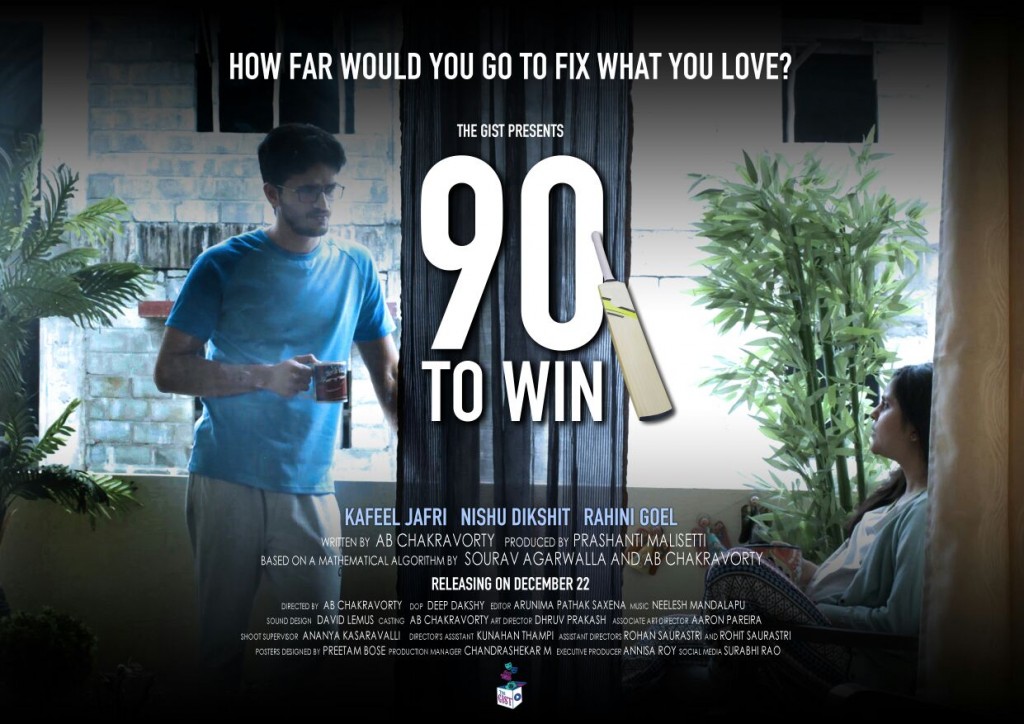
I am a writer by profession and since I couldn’t find a director to make the film happen in that budget and time, I directed it myself. And that was a huge learning experience. And since I had no idea about what directors do to bring out good performances, I thought of an allegedly easier alternative: just cast good actors and they’ll know. I roughly had about five days to cast, and the entire process happened online. I did have somebody in mind to play Rajat, but he is a star in the online scheme of things and had an important release around the corner. So, it became rather difficult for me to be able to get him on board.
But thankfully, this man called Kafeel Jafri, who I had watched perform in theatre earlier, had sent in an audition. And he fit in perfectly. And I needed someone equally good to play Paakhi. And we zeroed in on Nishu to play the part. They then read the script and both replied affirmatively to play the parts, and we didn’t have to reach out to the other actors in the pipeline. In retrospect, I think Kafeel and Nishu really looked and felt like a couple and their chemistry showed on screen. They were both very organic in their approach and there was barely anything that I told them as a director. The three of us spent about 15 hours rehearsing the lines across four days, and that really helped us figure out the parts better.
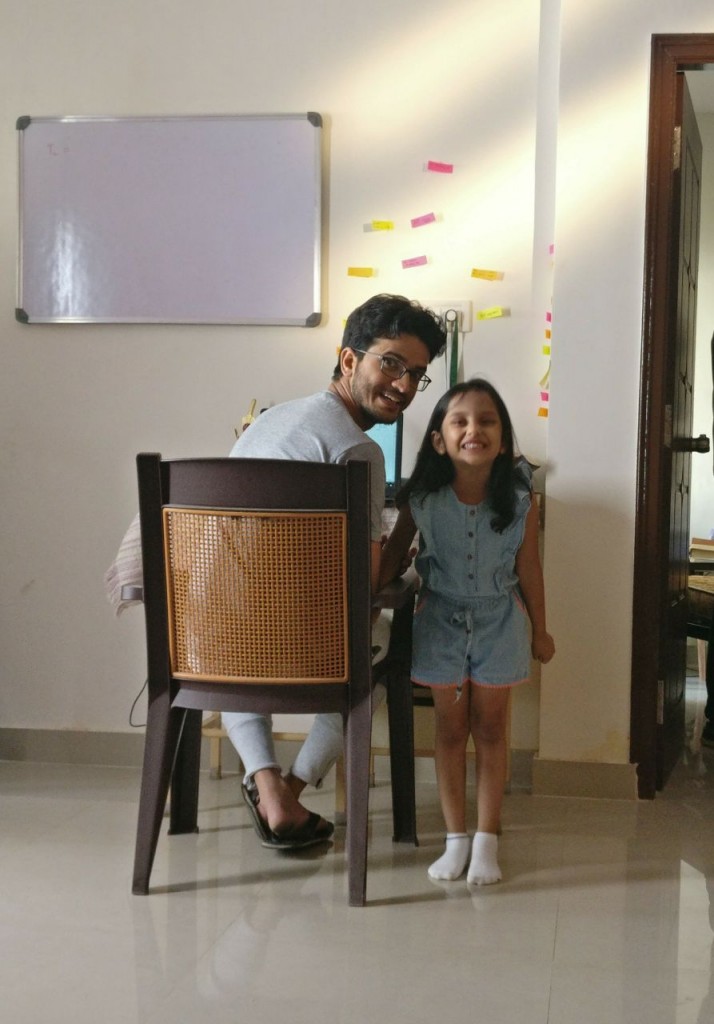
Another very important part was that of little Zoey. And I was very fortunate to come across Rahini in the audition process. Her selection was a no-brainer. The other parts found their players subsequently and we were ready to shoot on December 5 and 7, 2017: double call sheets on both the days. And the acting performances I saw on those days were better than what I had expected.
While Kunahan, Ananya, Rohan and Rohit shared the AD and supervision responsibilities seamlessly, Prateek took care of art. That really helped me focus on getting the right performances within the frame lines, while Deep shot the film. One big learning from the shoot was that we could’ve recorded the sound way better than we did. The good thing, however, was that we finished the shoot on schedule on both the days. In post-production, Arunima edited and Neelesh composed the original background score. All I gave him was the final cut. And he mailed back the same with music. There was no direction or expectation-setting from my end in between. All I told Neelesh was that I’d like him to treat it like his own film and do whatever fits the narrative best. And he delivered.
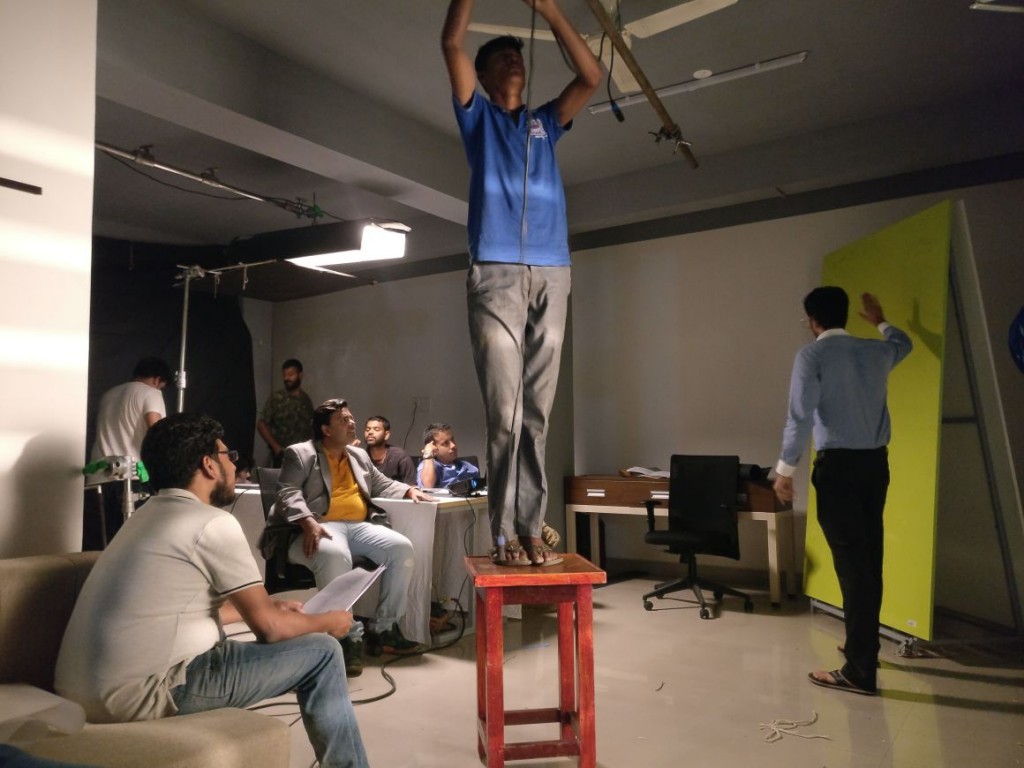
To sum it all up, I would like to congratulate the entire team that pulled the project in that time and budget, and that too having paid everyone. But what I want to tell myself is that though it sounds fancy to call out this 45-day stunt, it’s not really advisable to make a 27-minute short film in that duration. I am a deadline-driven guy in general and don’t like to glamorize writer’s block, but I feel I need to respect the projects a little more and give them a bit more time to cook, henceforth.
But again, it was a great learning experience and a fantastic chance to work with some very talented people in the cast and the crew. I am here to write and I don’t know if I will direct again, but I can say this, that if I ever again have this kind of a crunch where I can’t afford to get a director, I now have a little more faith in myself to direct on my own and complete a project than I had about a couple of months ago. And that is solely because I know that I now have a team that’s nuts enough make it happen.
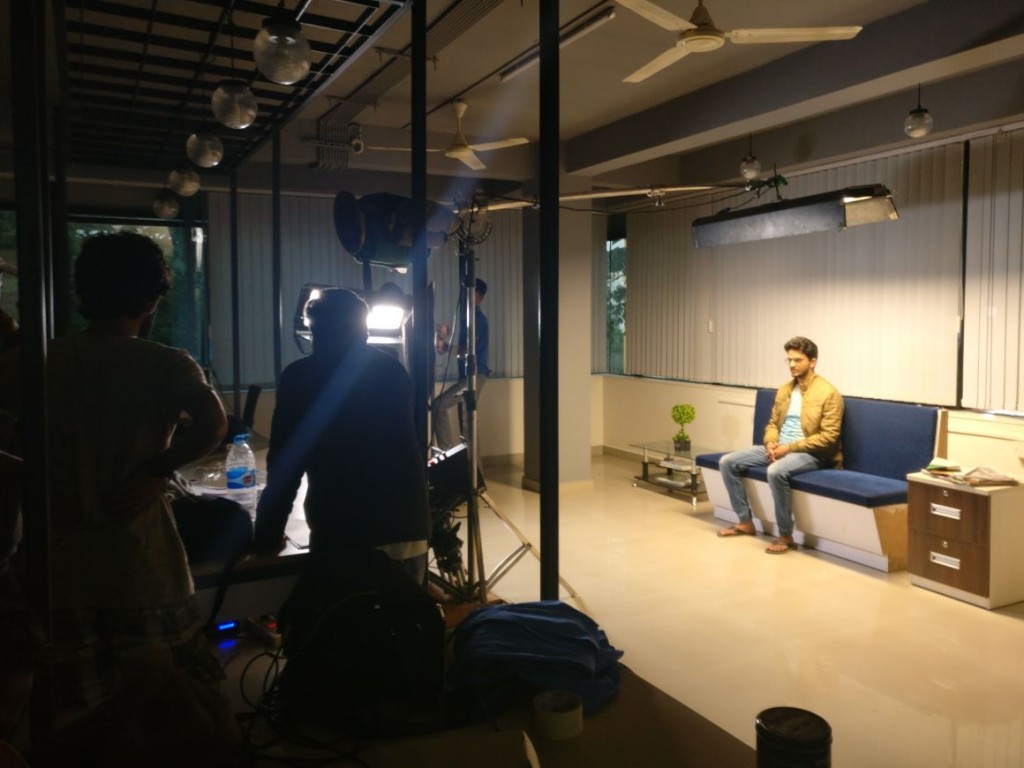
Please watch the short film here: https://www.facebook.com/TheGIST.in/videos/571460743200520/
Kindly rate it on IMDb here: http://www.imdb.com/title/tt7782342/
PS: By the way, remember that India-Pakistan match I mentioned in the beginning? We applied our algorithm and India still lost the game.

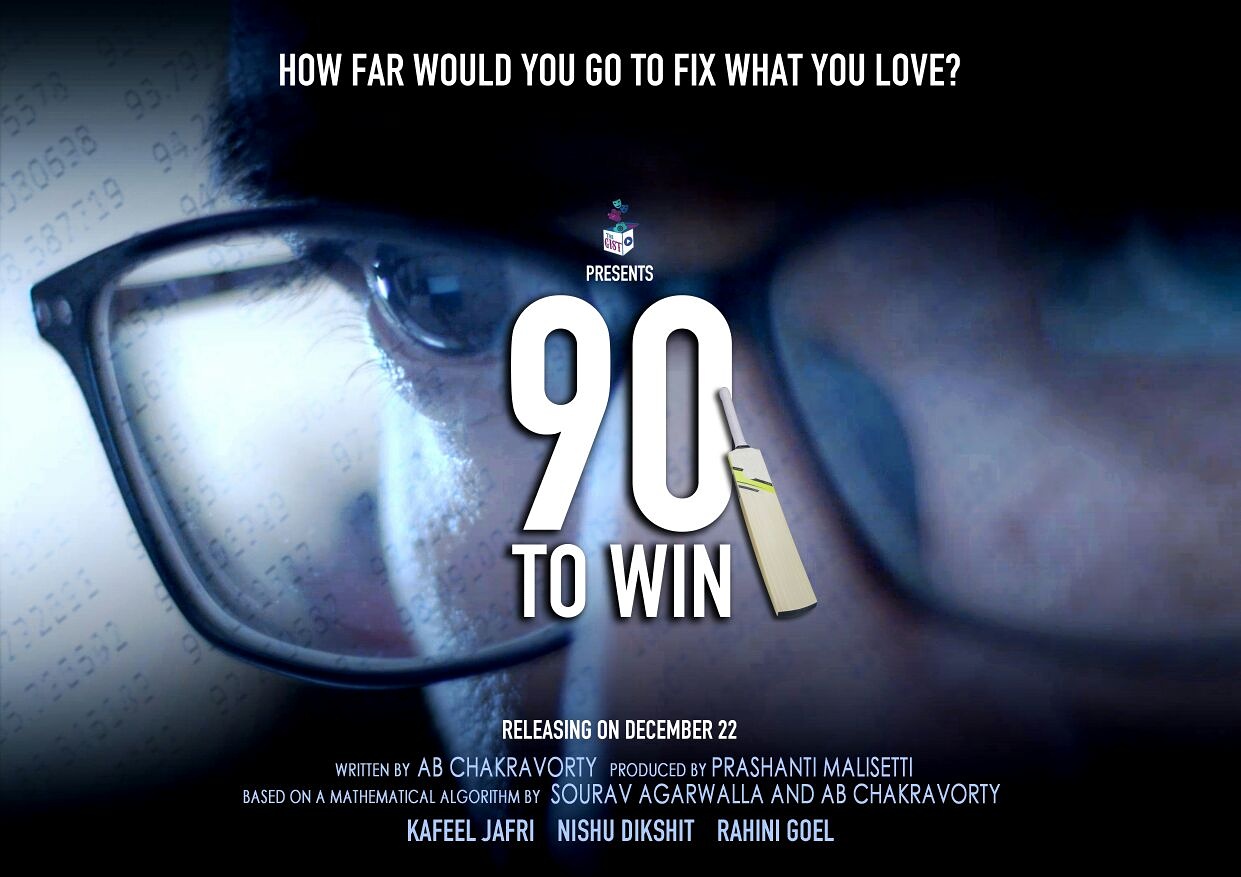

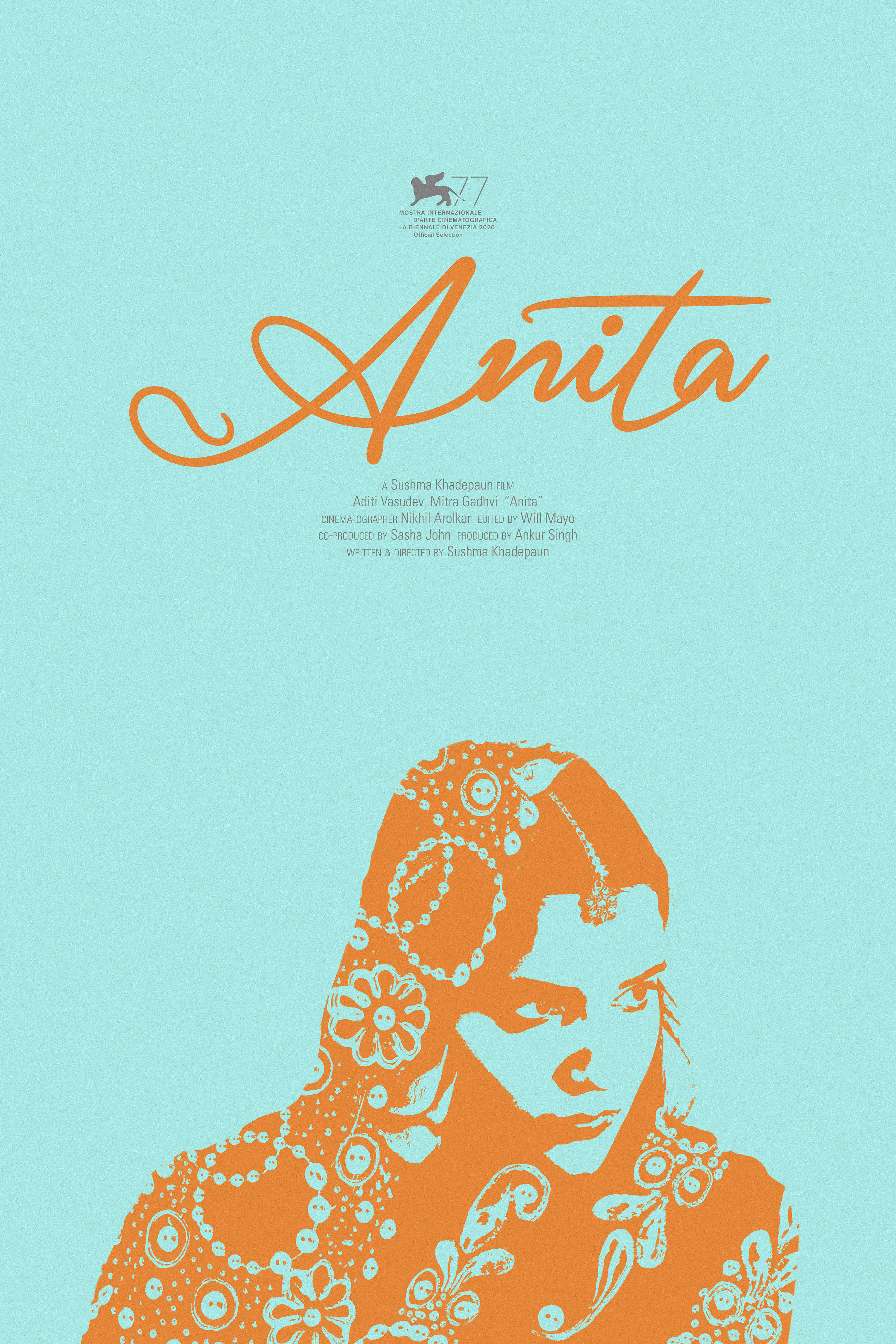

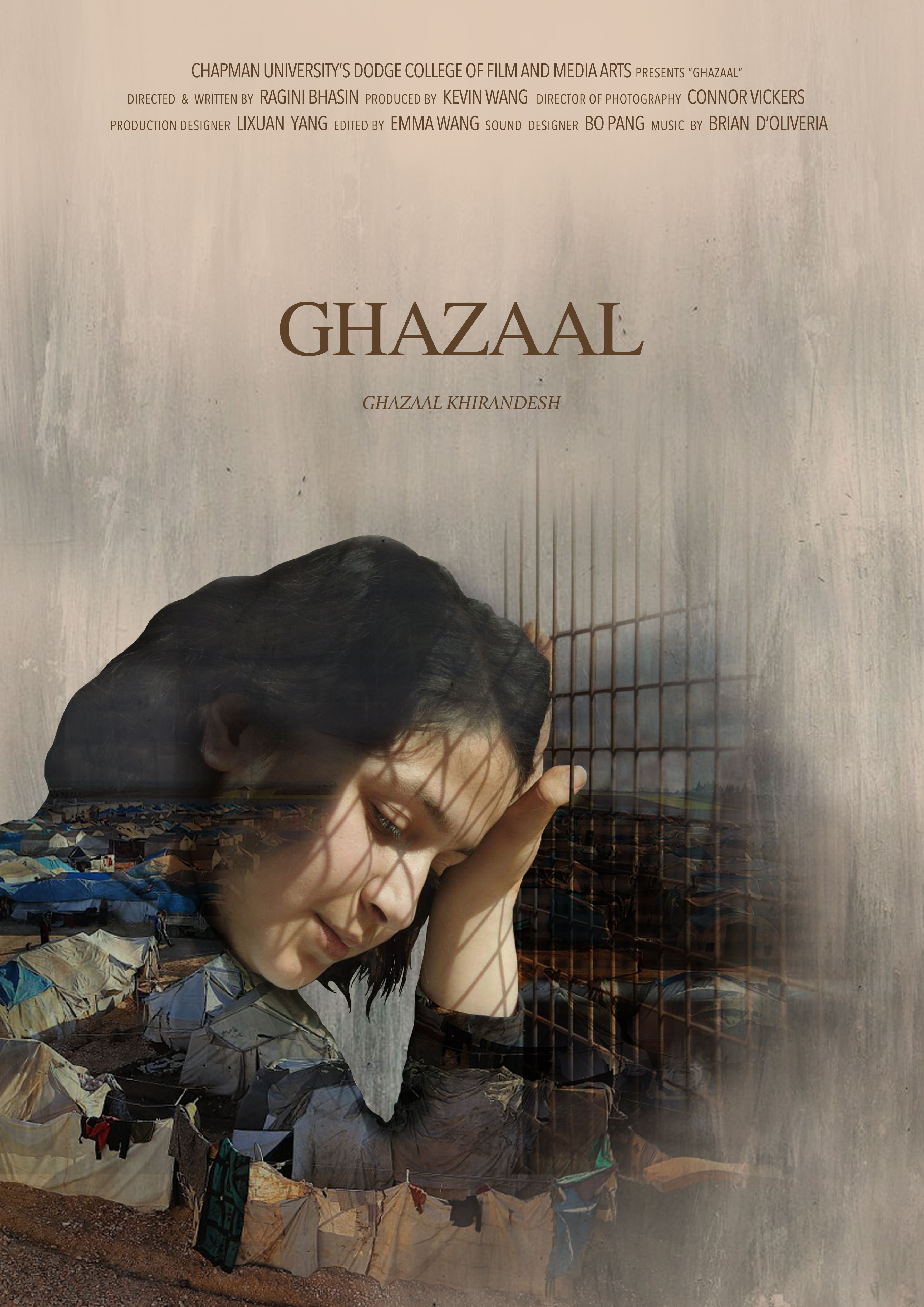


Leave A Comment
You must be logged in to post a comment.